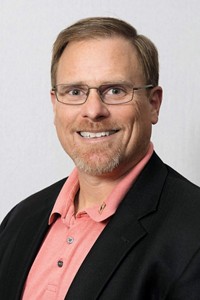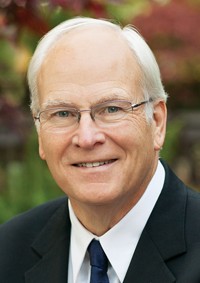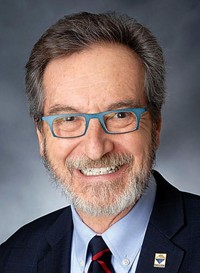Advertisement
Grab your lab coat. Let's get started
Welcome!
Welcome!
Create an account below to get 6 C&EN articles per month, receive newsletters and more - all free.
It seems this is your first time logging in online. Please enter the following information to continue.
As an ACS member you automatically get access to this site. All we need is few more details to create your reading experience.
Not you? Sign in with a different account.
Not you? Sign in with a different account.
ERROR 1
ERROR 1
ERROR 2
ERROR 2
ERROR 2
ERROR 2
ERROR 2
Password and Confirm password must match.
If you have an ACS member number, please enter it here so we can link this account to your membership. (optional)
ERROR 2
ACS values your privacy. By submitting your information, you are gaining access to C&EN and subscribing to our weekly newsletter. We use the information you provide to make your reading experience better, and we will never sell your data to third party members.
Careers
How Some Chemists Got Involved In Politics
by Linda Wang
February 13, 2006
| A version of this story appeared in
Volume 84, Issue 7

Grassroots
Having immigrated to the U.S. from Cuba, Rigoberto Hernandez considers it his duty to participate in the legislative process.
"This country gave me the opportunity to be a citizen," he says. "That makes you think a little more deeply about what it means to be a member of this society and how to give back."
Hernandez, an associate professor of chemistry at Georgia Institute of Technology, also believes that scientists have a particularly important role to play.
"As a scientist, you have some understanding of the repercussions of certain scientific innovations and use of technology," he says. By providing his expertise, he hopes that he can help policymakers arrive at sound policy decisions.
In return, he is learning about the legislative process. "We all have something to teach each other, and when I visit a congressional office, they help me have a better understanding of how the government runs and how decisions are made."
David W. Ball, a professor of chemistry at Cleveland State University, is also finding his involvement to be a rewarding experience. As a member of the American Chemical Society's Committee on Chemistry & Public Affairs, he travels to Washington, D.C., every year to meet with legislators.
"It's a thrill thinking you're participating in the national governing process in such an intimate way when you're actually there on Capitol Hill visiting the congressmen. It's very exciting."
Both Hernandez and Ball are active in their local section government affairs committees. In fact, Hernandez is a founding member of the Georgia Section's Committee on Legislative & Government Affairs, and Ball founded the Cleveland Section's Committee on Government Affairs.
Glenn S. Ruskin, director of ACS's Office of Legislative & Government Affairs (OLGA), points out that of the more than 180 local sections, only 31 have government affairs committees. "That's really an area for improvement for us. We need to reach out to create more of these government affairs committees."
While he encourages members to join government affairs committees, or even start their own in their local section (chemistry.org/government/memberinvolvement.html), he says the simplest way to get involved in government affairs is to join OLGA's Legislative Action Network (LAN) at chemistry.org/takeaction.
LAN members receive roughly eight e-mail alerts per year with updates on federal legislation of importance to ACS members. Through the website, members can contact legislators to voice their opinions and concerns.
"LAN is one of the most effective vehicles available for ACS members to contact their congressmen to make their views known," says ACS President E. Ann Nalley. "If effectively used, it can help this country maintain economic leadership, create good jobs, improve health, and protect the environment while meeting our energy needs."
Nalley's goal for 2006 is to quadruple the size of LAN. Currently, about 11,000 ACS members are signed up for the service, and as many as 1,200 respond to each of the alerts.
Diane Grob Schmidt, chair of the Board Committee on Public Affairs & Public Relations, offers other ideas for getting involved. For example, she says, chemists can be science advisers to their local congressmen. Members can also work through OLGA to set up local legislative visits with their legislators.
Members can write op-ed pieces in their local newspaper. Or they can invite a member of Congress to speak at their local section meeting. In the past, members have organized symposia at regional and national meetings.
Schmidt encourages members to turn to OLGA for help. "The job of OLGA is to make it as easy as possible for members to be involved."





Join the conversation
Contact the reporter
Submit a Letter to the Editor for publication
Engage with us on Twitter